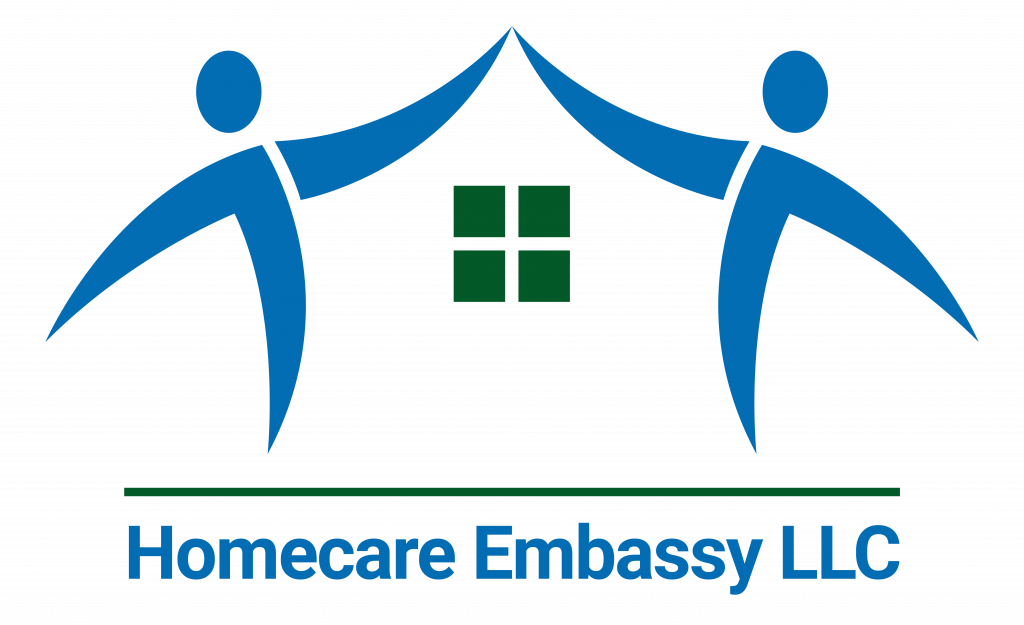Aging is a normal part of life, and we naturally anticipate our parents to display signs of ageing as they become older. When Dad refuses to take the grandkids to the zoo, we rationalise that the physical activity will be too much for him. We may justify Mom’s failure to pay the power bill by pointing out that everyone has forgotten papers or a daily activity at some point. It’s perfectly natural.
However, symptoms of ageing can sometimes be indicators that a loved one’s health and lifestyle are in jeopardy. Early on, tiny things might build up to bigger problems later.
When is it OK to meet down with a parent and discuss obtaining extra support at home? Sadly, there is no correct solution to this question. However, there are several tell-tale signs that a loved one is not ageing well and may require assistance with everyday duties.
Here are several indicators that your parent or loved one may require assistance at home, whether it’s with everyday duties or with more advanced care.
Symptoms that One’s Parents May Require Home Care
1. Forgetfulness
We’ve all had those moments when we can’t remember where we put our vehicle keys or a phone number. When amnesia becomes a consistent habit, and a parent frequently says, “I don’t recall,” or “I’m not sure what happened to that,” it’s time to investigate the symptoms further.
2. Unexplained Confusion
When familiar duties become difficult for your loved one, or when a parent appears to struggle to perform a duty that he or she has usually completed, it’s time to get help. Confusion might signal that you had an unreported seizure or that you have dementia.
3. Decline in Hygiene
It’s one thing to go a day or two without showering, but it’s another to go a week (or more) without noticing. Brushing one’s hair and teeth, as well as clipping one’s nails, may become a daily task for senior relatives. There are home resources available to help if there is a notable drop in grooming.
4. Change in Eating Habits
Weight loss or gain of a significant amount is usually reason for worry. For many people who struggle with grocery shopping, determining what to cook, and then actually cooking, preparing a nutritious dinner is a challenging task. Even if it just requires microwaving a meal, the processes might be intimidating.
Any changes in eating patterns, such as a lack of interest in food or an empty refrigerator, might indicate that assistance is required. The importance of proper diet in maintaining one’s health cannot be overstated.
5. Clutter and Cleanliness
Because they live in the surroundings, our loved ones may not notice that the carpet hasn’t been vacuumed in months, the beds are never made, and the bathrooms require cleaning. They don’t see what you do when you come to visit, though. If you realise that clutter, particularly bills, is piling up, it’s time to get some help at home so that your living environment may be tidy, organised, and clean. This can have serious consequences for one’s mental and physical health.
6. Decreased Mobility
Walking, balance, and mobility are all major safety concerns for the elderly. A fall might set off a chain reaction of health problems. There are resources available to help make our homes safer, and it’s critical to notice when our elderly loved ones require additional assistance to shower, use the restroom, or go from one location to another.
7. Mood and Behaviour Changes
Early indicators of dementia include apathy and mood swings. Because your judgement is compromised, you may even sense a personality transition from introvert to extrovert. It is impossible to overstate the value of lifelong learning, regular exercise, social activities, and proper nutrition. We must urge our parents to participate in these activities on a regular basis. If they don’t, they’ll want assistance at home far sooner than they would otherwise.
Get Care at Home to Preserve the Health of Your Loved Ones
It’s the small things that add up. It’s critical that we, as adult children, learn to recognise these indications and realise when our parents may need some support at home. We can pick out any concerns that might cause their health to decline quicker by spending more time with them and observing their behaviour.
The older our parents become, the more difficult it will be for them to participate in routine activities and complete everyday responsibilities. It doesn’t have to be that way, though. Even when movement is limited and mental ability deteriorates, our elderly loved ones can enjoy healthy, full lives at home. Even if the parent isn’t ready to leave the nest just yet, it’s critical to consider all of your alternatives.
It’s difficult to determine when your support is required while caring for an elderly parent or relative from away. Your parent may want assistance from time to time. Alternatively, the onset of a serious sickness will make it evident that help is required. When you live far away, though, some detective work may be required to unearth probable indicators that support or assistance is required.
The effects of ageing can creep up on your parents and loved ones, making it difficult to see the signals that they may require home care. It is tough for anybody (particularly a parent) to accept that they require assistance. As a result, it’s critical that you keep an eye out for signals that your parents may want assistance before a little problem becomes a major health concern.
Source:
https://homehealthcareinc.net/20-warning-signs-your-parent-needs-help-at-home/
https://synergyhomecare.com/blog/2020/07/10/top-10-signs-your-parents-need-help-at-home/
https://www.aplaceformom.com/caregiver-resources/articles/parents-need-help
